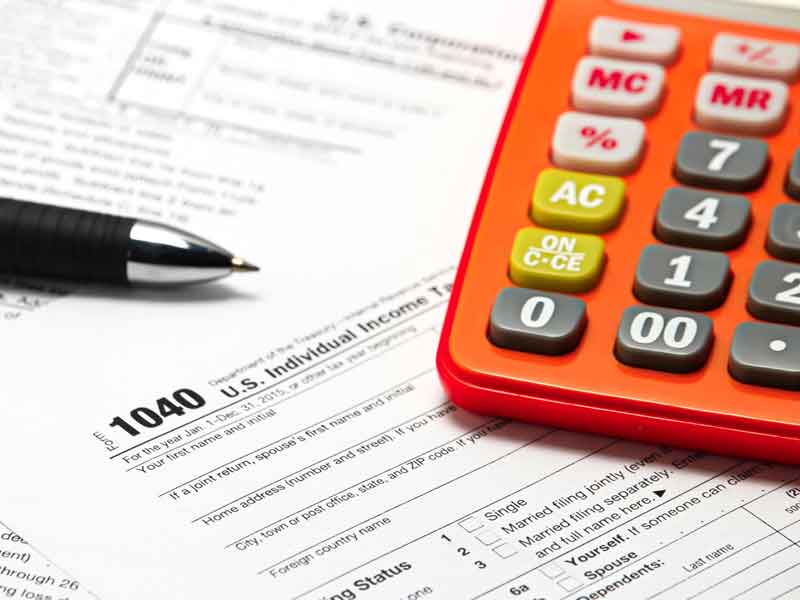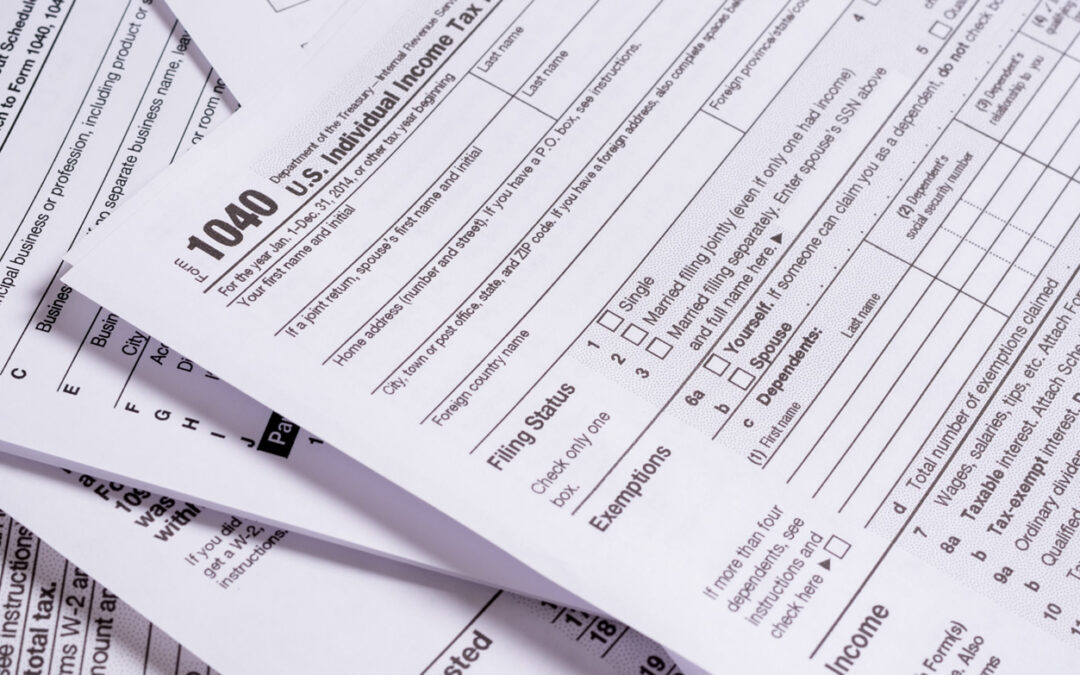
by sreamercpa | Mar 18, 2021 | accounting-tax, IRS
Tax Day for individuals extended to May 17: Treasury, IRS extend filing and payment deadline
WASHINGTON — The Treasury Department and Internal Revenue Service announced today that the federal income tax filing due date for individuals for the 2020 tax year will be automatically extended from April 15, 2021, to May 17, 2021. The IRS will be providing formal guidance in the coming days.
Individual taxpayers can also postpone federal income tax payments for the 2020 tax year due on April 15, 2021, to May 17, 2021, without penalties and interest, regardless of the amount owed. This postponement applies to individual taxpayers, including individuals who pay self-employment tax. Penalties, interest and additions to tax will begin to accrue on any remaining unpaid balances as of May 17, 2021. Individual taxpayers will automatically avoid interest and penalties on the taxes paid by May 17
The IRS urges taxpayers who are due a refund to file as soon as possible. Most tax refunds associated with e-filed returns are issued within 21 days.
Last month, the Maryland General Assembly passed the RELIEF ACT of 2021 MD SB496) which extended the due date of Maryland income tax returns to July 15, 2021

by sreamercpa | Jan 25, 2021 | IRS
One new provision of the CARES Act passed this past April allows taxpayers to claim a deduction for up to $300 for charitable donations, even if they are taking the standard deduction. However, the requirement for contemporaneous acknowledgement from the donee organization is still required if you donated more than $250 in total during the year to a single organization.

by sreamercpa | Jan 18, 2021 | accounting-tax, IRS
One consequence of the late passing to the new act is the potential for the delaying of the opening of tax filing season. Normally the IRS begins to accept electronically filed tax returns around January 27. However, with the changes in the new act, it is possible that the IRS may need to delay the start of tax season in order to reprogram their computers and to allow tax software companies like Turboi Tax, etc. to change their software and get IRS approval. We are closely monitoring this and will update our site if any new developments are released.

by sreamercpa | Jan 12, 2021 | IRS
The Internal Revenue Service today expanded the Identity Protection PIN Opt-In Program to all taxpayers who can verify their identities.
The Identity Protection PIN (IP PIN) is a six-digit code known only to the taxpayer and to the IRS. It helps prevent identity thieves from filing fraudulent tax returns using a taxpayers’ personally identifiable information.
The IRS launched the IP PIN program nearly a decade ago to protect confirmed identity theft victims from ongoing tax-related fraud. In recent years, the IRS expanded the program to specific states where taxpayers could voluntarily opt into the IP PIN program. Now, the voluntary program is going nationwide. Here are a few key things to know about the IP PIN Opt-In program:
· This is a voluntary program.
· You must pass a rigorous identity verification process.
· Spouses and dependents are eligible for an IP PIN if they can verify their identities.
· An IP PIN is valid for a calendar year.
· You must obtain a new IP PIN each filing season.
· The online IP PIN tool is offline between November and mid-January each year.
· Correct IP PINs must be entered on electronic and paper tax returns to avoid rejections and delays.
· Never share your IP PIN with anyone but your trusted tax provider. The IRS will never call, text or email requesting your IP PIN. Beware of scams to steal your IP PIN.
· There currently is no opt-out option but the IRS is working on one for 2022.
How to get an IP PIN Taxpayers who want an IP PIN for 2021 should go to IRS.gov/IPPIN and use the Get an IP PIN tool. This online process will require taxpayers to verify their identities using the Secure Access authentication process if they do not already have an IRS account. See IRS.gov/SecureAccess for what information you need to be successful. There is no need to file a Form 14039, an Identity Theft Affidavit, to opt into the program
No change for confirmed identity theft victims Taxpayers who are confirmed identity theft victims or who have filed an identity theft affidavit because of suspected stolen identity refund fraud will automatically receive an IP PIN via mail once their cases are resolved. Current tax-related identity theft victims who have been receiving IP PINs via mail will experience no change.




